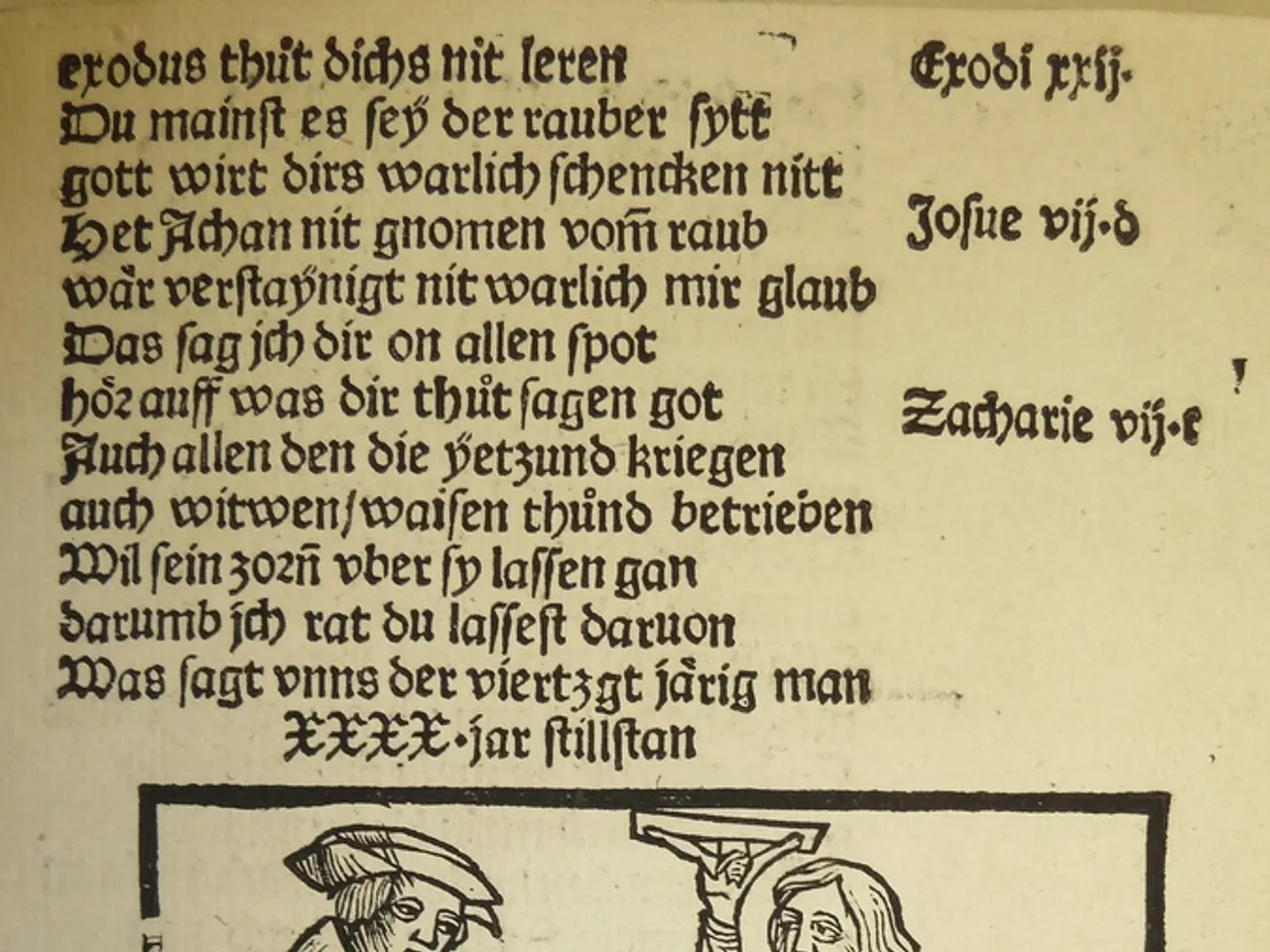Student-led Protests Summarized in Brief
In Bangladesh, the Awami League regime, which had been in power for 15 and a half years, came to an end on August 5, 2024. The events leading up to this significant date were marked by widespread protests, violence, and political upheaval.
The fall of the Awami League government was preceded by five weeks of protests, resulting in clashes with security forces that left over 1,400 people dead, according to UN estimates. On August 5, Prime Minister Sheikh Hasina fled the country, effectively ending her 15.5-year rule.
Following Hasina's departure, a transitional government led by Nobel laureate Yunus was formed on August 8, 2024, to navigate political reform and prepare for elections. The interim government banned all activities of the Awami League and suspended its registration, barring it from upcoming elections due to national security claims and allegations of fomenting unrest.
The fall of the Awami League regime was accompanied by rampant arrests and prosecutions. By late 2024, tens of thousands related to the Awami League, including former ministers and officials, faced legal cases, with accusations of arbitrary arrests and denial of due process raised by human rights groups.
The cultural and political landscape of Bangladesh also experienced turmoil following the fall. Religious extremists damaged sculptures and artworks, reflecting societal instability and tension.
This dramatic and violent end to the Awami League's extended rule was marked by a loss of popular support, violent suppression of dissent, and a contentious transition period toward uncertain electoral and political reforms in Bangladesh.
The Awami League had initially gained power following a landslide victory in the 9th National Parliament election held on January 6, 2009. However, the exact number of days the regime lasted before August 5 is not specified but was more than 10 days. The fall of the regime occurred in the afternoon on August 5, with the sun rising normally that day.
This article provides a factual account of the events leading up to and following the fall of the Awami League regime in Bangladesh. For updates on the ongoing political developments, please follow our website's Google news channel.
- The fall of the Awami League regime in Bangladesh resulted in a ban on all activities of the party, making it impossible for them to participate in the upcoming elections due to national security claims and allegations of fomenting unrest.
- The cultural landscape of Bangladesh also experienced turmoil following the fall of the Awami League regime, with religious extremists damaging sculptures and artworks, reflecting societal instability and tension.







